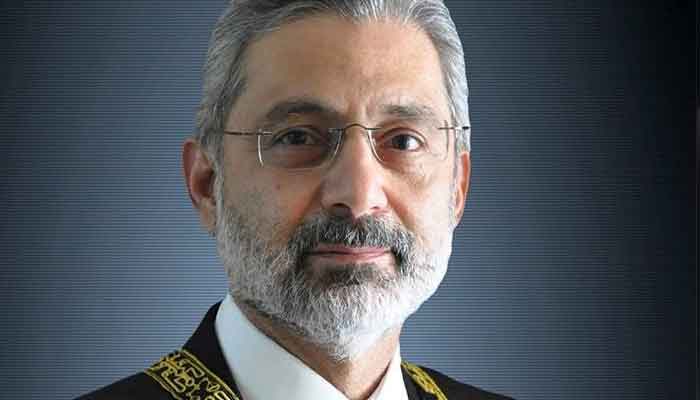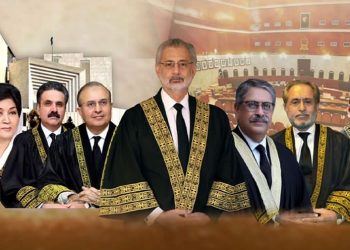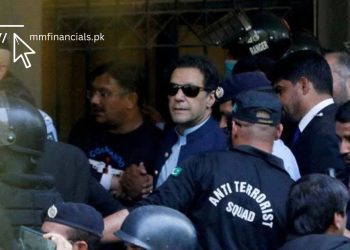In a resolute assertion against any perceived meddling in judicial affairs, Chief Justice of Pakistan (CJP) Qazi Faez Isa has made it abundantly clear that the executive branch’s interference with judges’ functions will not be tolerated. This stance follows a heated controversy revolving around purported interference by Pakistan’s intelligence apparatus in judicial proceedings, triggering a significant reaction from both legal circles and government officials.
The Supreme Court issued a detailed press release following a second full court meeting chaired by CJP Isa, highlighting the seriousness of the situation. The meeting with Prime Minister Shehbaz Sharif took on a different tone compared to past interactions between executive and judicial authorities, signalling the gravity of the allegations. Legal experts have emphasized the extraordinary nature of these events, emphasizing the need to safeguard judicial independence at all costs.
BACKDROP OF ALLEGATIONS AND SWIFT JUDICIAL ACTION
The genesis of this unfolding saga lies in allegations raised by six Islamabad High Court (IHC) judges, who voiced concerns over undue interference by intelligence agencies in judicial matters. These allegations prompted swift action from the judiciary, including a series of meetings and discussions aimed at addressing the issue head-on.
Following a meeting between PM Shehbaz and CJP Isa, a proposal emerged to establish an inquiry commission under the Pakistan Commissions of Inquiry Act, 2017. This commission, to be headed by a retired judge of unimpeachable integrity, would conduct a thorough investigation into the matter, ensuring transparency and accountability.
DIVERGING POLITICAL RESPONSES
Despite efforts towards resolution, responses have been diverse. The Pakistan Tehreek-e-Insaf (PTI) Core Committee rejected the notion of an inquiry commission, hinting at potential differences in political approaches. However, voices within the legal fraternity, including former Attorney General Ashtar Ausaf, have called for an impartial inquiry to ascertain the validity of the allegations.
IMPLICATIONS FOR DEMOCRACY AND RULE OF LAW
The gravity of the situation has prompted unified calls from legal bodies such as the Pakistan Bar Council (PBC) and the Supreme Court Bar Association (SCBA) for a thorough investigation. These organizations emphasize the necessity of addressing allegations of interference and intimidation, which strike at the core of judicial independence.
In a letter to the Supreme Judicial Council (SJC), six IHC judges detailed instances of coercion and surveillance allegedly orchestrated by intelligence agencies, raising fundamental questions about judicial autonomy. As the situation unfolds, the actions taken will be a litmus test for Pakistan’s democratic institutions, with CJP Isa reaffirming the judiciary’s role in safeguarding citizens’ rights and liberties against undue interference.


















